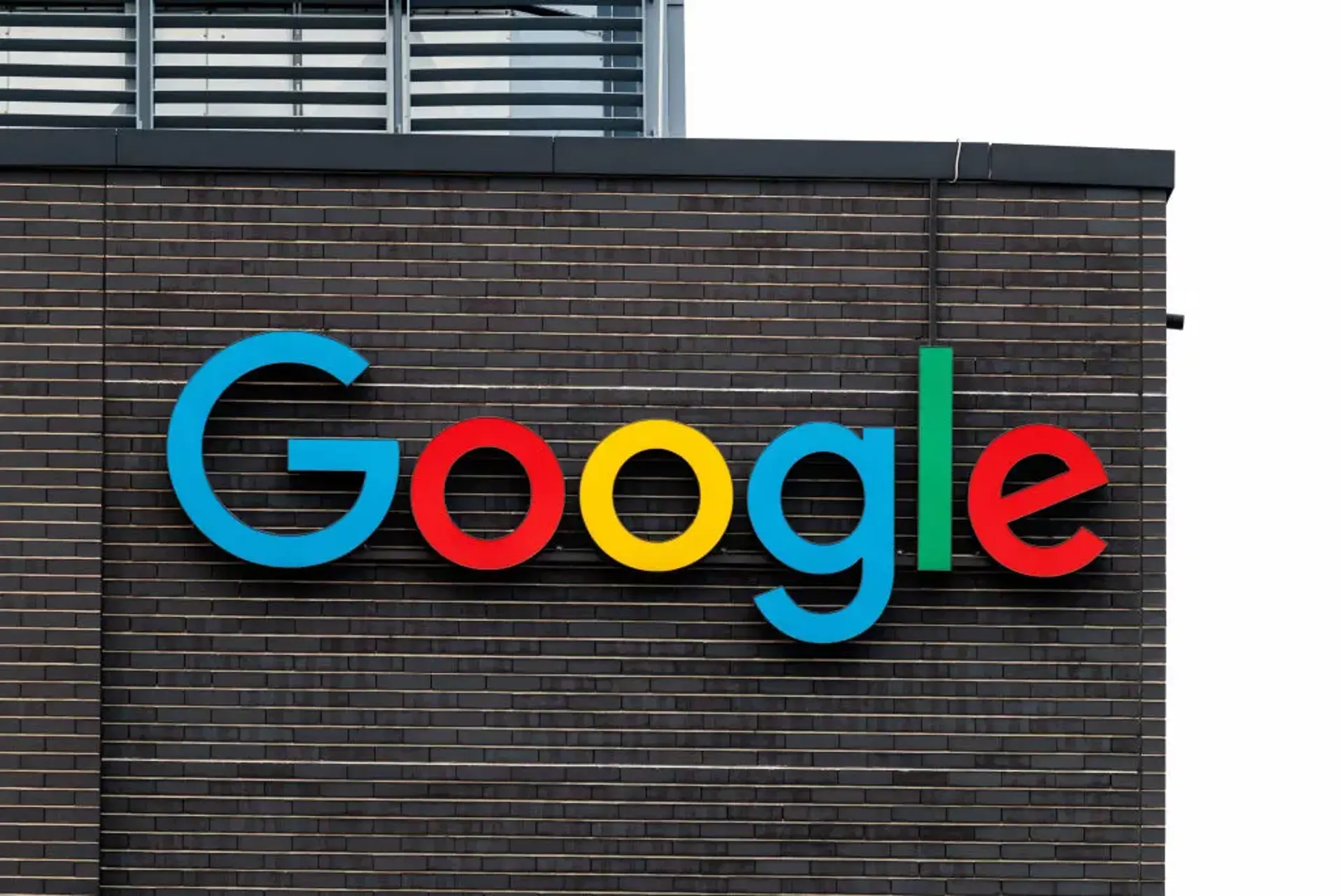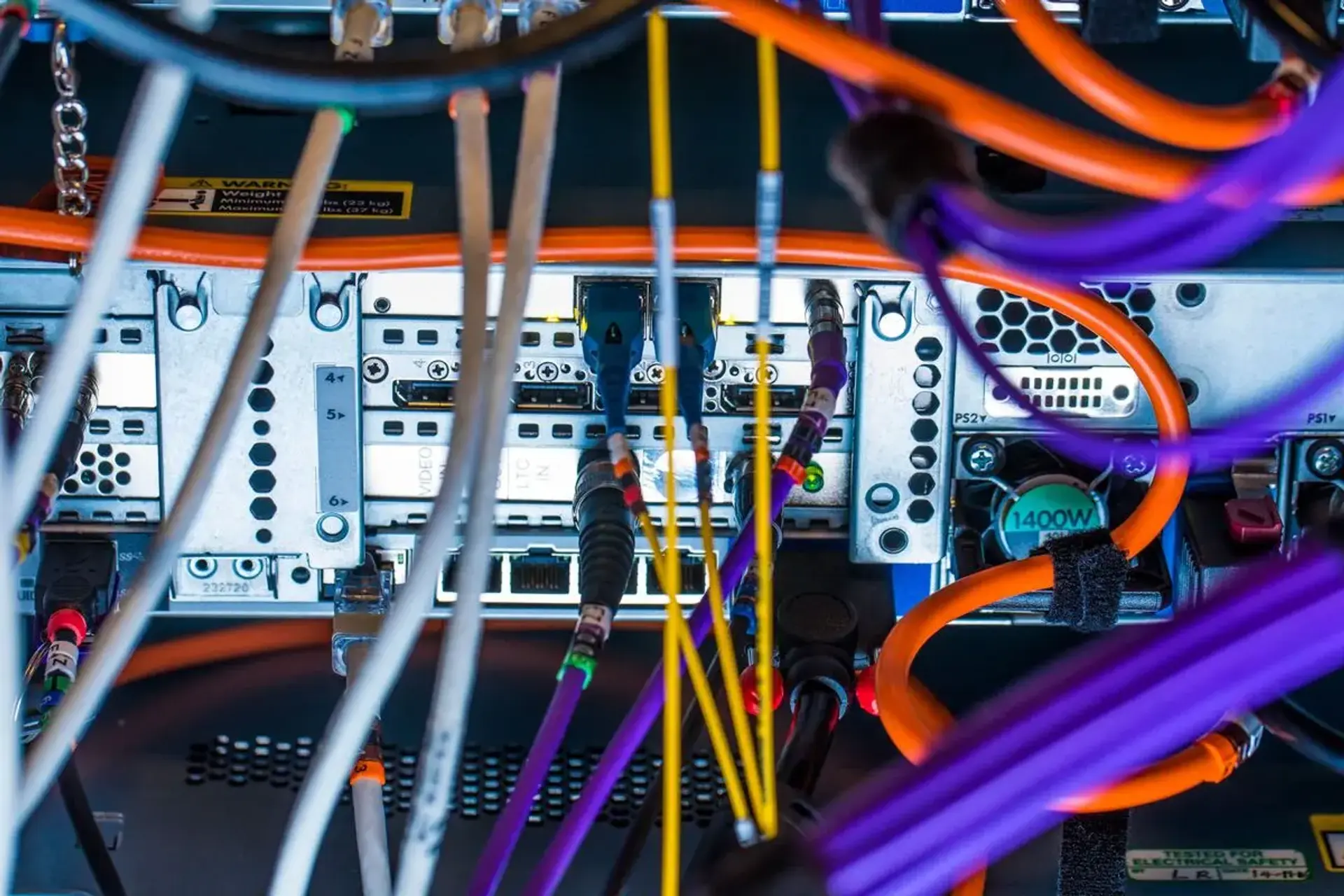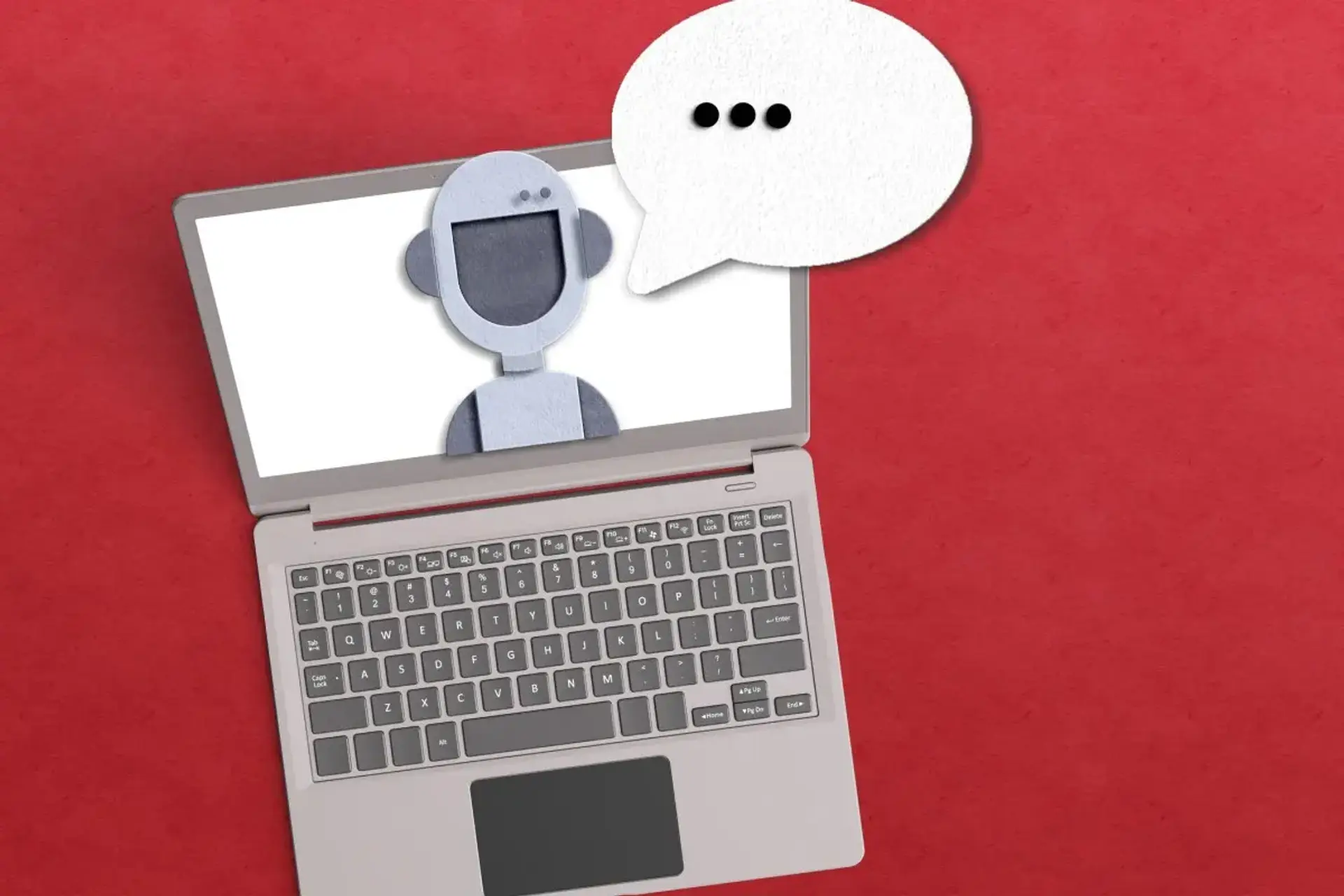Defining 'AI agent' remains a challenge even for venture capitalists at Andreessen Horowitz (a16z). The term, currently a tech buzzword, lacks a concrete definition, leading to varied interpretations regarding its functionality and potential impact on the workforce. Some envision AI agents collaborating with human workers, while others foresee them as replacements. This ambiguity highlights the nascent stage of AI agent development and the uncertainty surrounding their future role in the industry.
The core issue lies in the broad spectrum of capabilities that could be attributed to an AI agent. Is it simply an advanced chatbot, or a more autonomous entity capable of complex decision-making and task execution? The answer, it seems, is still evolving. a16z's VCs suggest the industry needs to clarify the parameters of AI agents to foster meaningful progress and investment. Understanding the specific functionalities and limitations will be crucial for businesses looking to integrate these technologies.
Ultimately, the lack of a clear definition poses a risk of inflated expectations and misdirected resources. As AI agent technology matures, a consensus on its core attributes will be essential for guiding development, investment, and adoption across various sectors. The conversation spurred by a16z underscores the importance of ongoing dialogue and collaboration to shape the future of AI agents.




